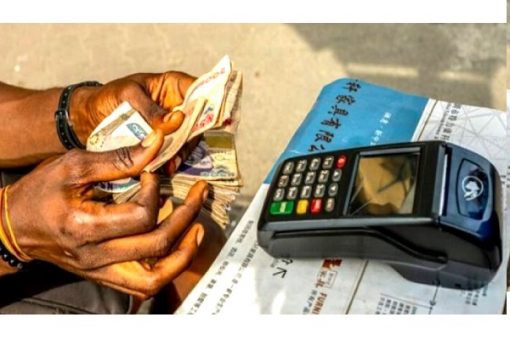Banks across Nigeria have resumed cash rationing, limiting withdrawals through Automated Teller Machines (ATMs) and over-the-counter (OTC) transactions as the country faces a resurgence of naira scarcity.
Customers report daily withdrawal caps, with ATM transactions restricted to ₦5,000 to ₦10,000 per session and OTC withdrawals capped at ₦20,000. Several ATMs in densely populated areas, including Lagos, Ogun, and Abuja, are reportedly non-functional, leaving customers stranded.
The inability to access adequate cash has sparked frustration among Nigerians.
Steven Okon, a Lagos-based entrepreneur, described the limits as restrictive, saying, “It is really difficult to get cash for daily use.”
Michael Ade, another customer, lamented being unable to resolve an emergency due to non-dispensing ATMs.
PoS Operators Step In
Point of Sales (PoS) operators are bridging the gap, but at a cost. In high-brow areas like Ikoyi and Victoria Garden City, charges for withdrawals have skyrocketed, with customers paying up to ₦1,000 for ₦10,000. Meanwhile, in outskirts like Olambe and Akute in Ogun State, fees range between ₦300 and ₦500 for ₦5,000 to ₦10,000 withdrawals.
CBN Governor Olayemi Cardoso acknowledged the challenges, stating that cash shortages disproportionately affect ordinary Nigerians. At the 2024 Chartered Institute of Bankers of Nigeria (CIBN) Bankers’ Dinner, Cardoso promised stricter measures:
Introduction of complaint channels for cash withdrawal issues starting December 1, 2024.
Cardoso reiterated the need for customers to embrace digital banking solutions, with e-payment transactions surging by 86.44% in the first half of 2024 to ₦566.39 trillion.
While the Central Bank aims to promote cashless transactions, the persisting scarcity raises concerns about banking efficiency and the broader impact on daily commerce. As Nigerians adapt to limited cash availability, alternative banking channels are becoming essential for financial transactions.




